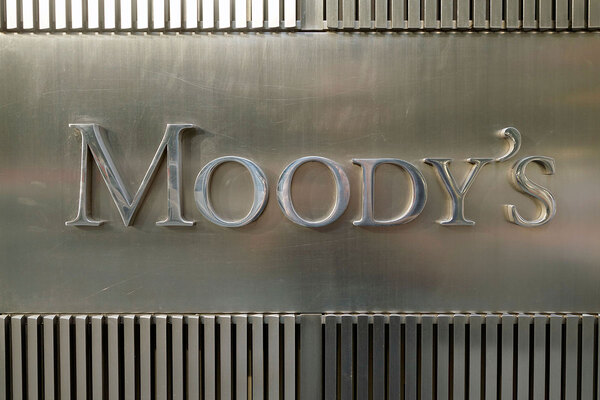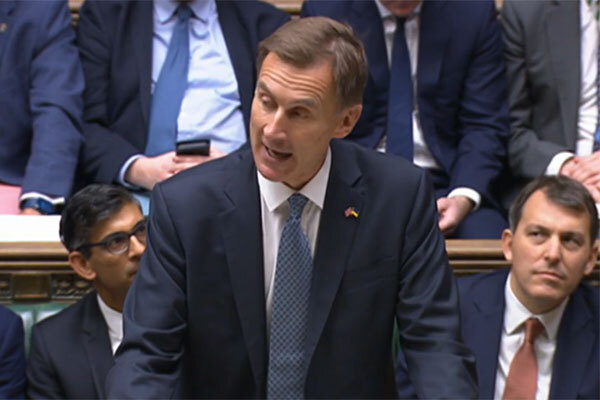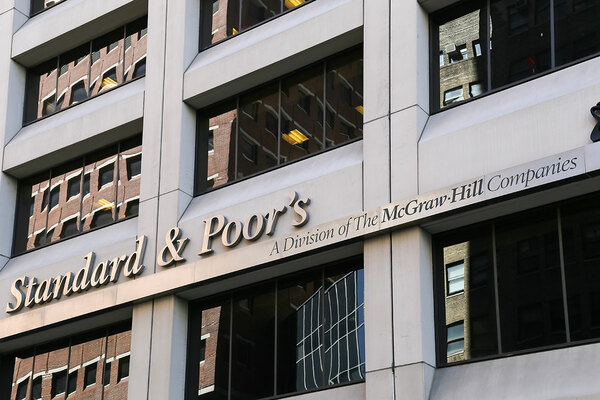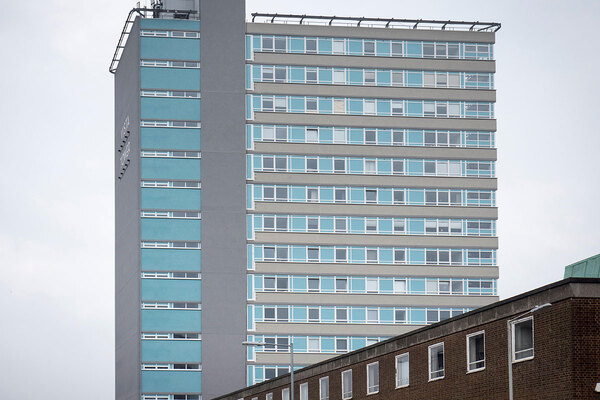You are viewing 1 of your 1 free articles
High inflation and expected market downturn weaken sector outlook, says top credit agency
The 2023 outlook for the sector has been revised from stable to negative due to high inflation, an expected market downturn and the steep increase in interest rates, according to a major credit rating agency.
In a new report, Moody’s outlined the reasons for its decision, which highlighted how high inflation will weaken housing associations’ operating performance and increase leverage, given the sizeable amounts of non-discretionary expenditure.
High inflation will lead to the cost of developments being revised upwards, said the rating agency. Alongside an unfavourable policy environment, this will constrain revenue growth and contribute to the erosion of margins on social housing properties.
Moody’s pointed out that the recently announced 7% rent cap will weaken landlord margins, as it will create an adverse differential between rental income and cost growth. Rising interest rates will weaken interest coverage ratios, which will probably result in large cuts to development programmes.
This will cause borrowing needs to go up to fund mandatory expenditure and developments. This will weaken interest coverage ratios further.
Moody’s expects most associations to “cut or postpone their discretionary expenditure, including developments, as a mitigant, which would preserve liquidity”.
At the same time, falling house prices will put more pressure on margins and limit the funding available for new social rented homes.
Those landlords with a material exposure to market sales will also experience falls in their margins and interest coverage ratios in case of a housing market downturn, compounding existing economic and policy challenges.
Moody’s said its outlook could return to stable if the operating environment improves, with moderate levels of inflation and a resilient housing market.
Its outlook could also improve if the government provided greater support through larger capital grants and the continuation of rent increases linked to the Consumer Price Index (CPI) from the 2025 fiscal year.
Giulia Calcabrini, an analyst at Moody’s, said: “Change in outlook reflects a materially weakened operating environment due to high inflation, a steep increase in interest rates and an increasing likelihood of a significant housing market downturn, combined with ceilings on social rent increases in England and Wales.’’
The outlook follows a similar warning from another rating agency last month that downgraded the credit outlook of eight housing associations to negative. It followed sustained pressure on the UK’s sovereign ratings after the Mini Budget from Kwasi Kwarteng, the chancellor at the time, in September.
S&P said 40% of the social housing providers it rates now have a negative outlook.
It said this was the most pronounced negative bias in the social housing sector’s credit worthiness since the end of 2018.
Sign up for our development and finance newsletter
Already have an account? Click here to manage your newsletters











